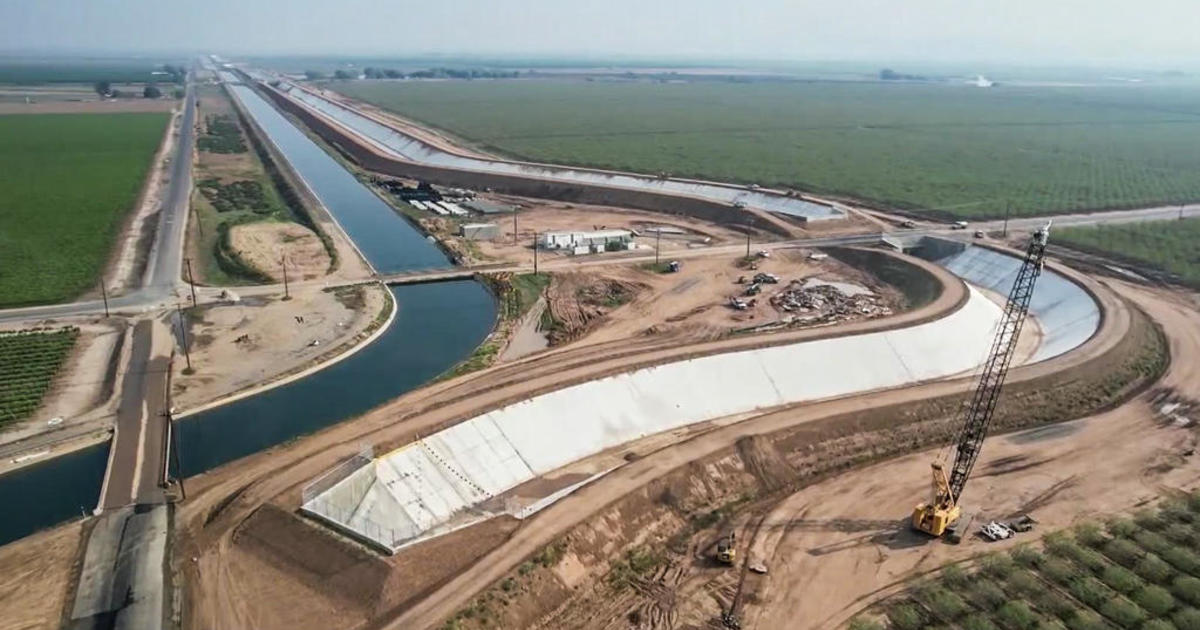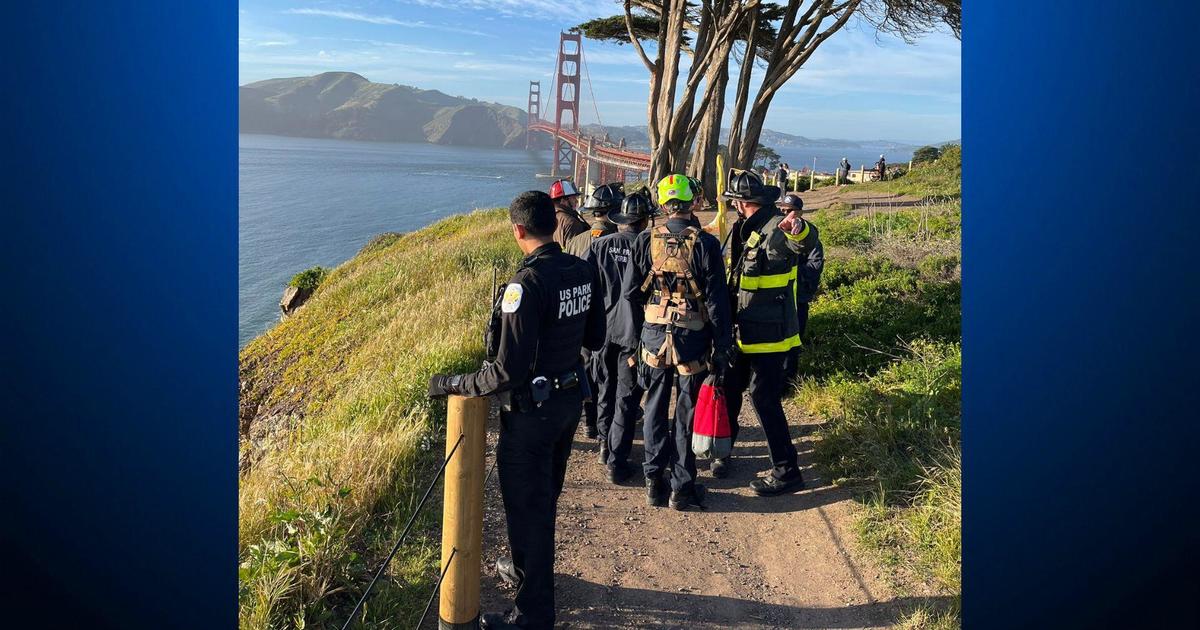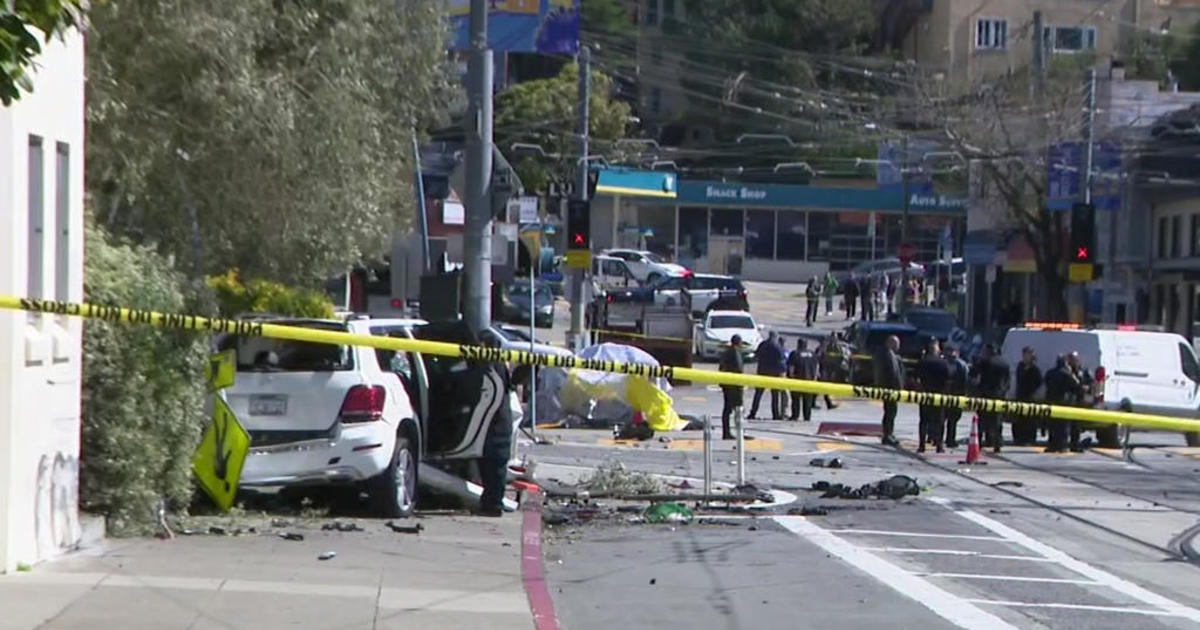UC Berkeley Researchers Study Kelp For Possible Radiation From Japan Fukushima Plant
BERKELEY (KCBS) – Scientists studying the aftermath of the Fukushima nuclear power plant disaster, following the March 11, 2011 earthquake and tsunami that struck Japan, are now looking at kelp along the west coast, to gauge whether trace amounts of radiation released into the Pacific Ocean can be detected three years later.
"Kelp Watch 2014" is a scientific campaign launched by UC Berkeley Department of Nuclear Engineering Professors Kai Vetter and Keenan Thomas, who joined forces with Professor Steven Manley from California State University, Long Beach.
Kelp Being Studied At Berkeley For Possible Radiation From Fukushima Plant
Professor Vetter, who is also head of the Applied Nuclear Physics Program at Lawrence Berkeley National Lab, said the project aims at determining the extent of radioactive contamination of the state's kelp forest.
"What is predicted, according to some scientific models, is that the Pacific Ocean current transported some of the radioactivity, which was released about three years ago. There is quite a dilution-effect in the ocean, which means the amount of radioactivity released in Fukushima was highly diluted," Vetter said. "Never the less, we expect small amounts of radiation to be detectable on the west coast."
Vetter said this is just part of the overall effort to study the transport mechanisms from Fukushima to the United States.
The project is relying on samples of giant kelp and bull kelp from Alaska to Baja, California, as well as from Chile. "Kelp is very abundant on the west coast. We have a large forest of kelp," Vetter explained as to why they are studying kelp. "And they are like sponges, where they take up a lot of different materials, which we can study."
Vetter said that while they expect to detect some radiation in their studies, it should not be an overall health risk.
"The amount of radiation we have observed from Fukushima right after the event were not really any concern for our health or any biology or any organisms here on the west coast," he said. "The amount of radiation we observed was always really small and it did not really pose any health risk. And the activity that we expect through the ocean current will be even less."
The project includes the participation of 19 academic and government institutions and three other organizations/businesses, and samplings will take place several times in 2014, with the processed samples sent to the Lawrence Berkeley National Lab's Low Background Facility. As the project makes progress, findings will be posted for public access.



